Arenal football club is considered one of the big six in the Premier League. They have won leagues, cups and performed well in Europe. This season, after spending very liberally in the summer transfer window, they started the season very poorly. However, of late they have stopped the rot and have now started to climb the table to the positions that their supporters are more accustomed to.
Who is Arsenal’s most successful manager? The short answer is, Arsène Wenger. Wenger became Arsenal’s most successful manager, having won three Premier League championships, seven FA Cups, and seven Community Shields between 1996 and 2018. Wenger is the club’s longest-serving manager, surpassing George Allison’s 13-year tenure in October 2009.
We have taken an indepth look at Arsene Wenger’s time at Arsenal and how he became the most successful manager at Arsenal.
The History
The club was founded in Woolwich in 1886 and was initially named Dial Square before being renamed Royal Arsenal in 1893, and then Woolwich Arsenal in 1894. They became the Football League’s first southern member in 1893, after spending their first four seasons exclusively competing in cup competitions and friendlies. A year after relocating to Highbury, the club’s name was abbreviated to Arsenal.
The Managers – The Early Years
Even though Arsenal was established in 1886, it was not until 1897 that the club hired a regular manager in control of first-team operations, with Thomas Mitchell being regarded as the club’s first professional manager. Mitchell joined Arsenal in October 1896, five months after leaving Blackburn Rovers.
The Scotsman’s tenure with Woolwich Arsenal was short, as he departed just a year into his contract, despite guiding the team from tenth to fifth place in the league. Mitchell led Arsenal to a good cup run that ended in the first-round proper.
In April 1898, William Elcoat took over as manager and went about rebuilding the team with fresh signings. His side finished seventh in a league of 18 and was defeated 6–0 by Derby County in the FA Cup first round. He left in February 1899, and like his predecessor, he was only there for a season.
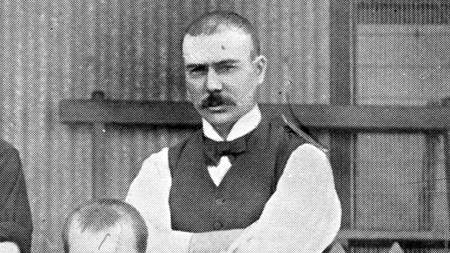
The managerial position was initially called the “secretary-manager” since the person who managed the Club oversaw the club’s business both on and off the field. However, following the passing of then “secretary-manager” Tom Whittaker in 1956, the position was separated, and everyone in the role since then has been granted the title of manager and has focused only on first-team matters.
Arsène Wenger had been the Club’s longest-serving manager of the modern era. He won a record seven FA Cups, and his title-winning squad established an English record for the longest top-flight undefeated league run (49 games) between 2003 and 2004, earning them the moniker The Invincibles. A Premier League team playing through an entire season undefeated which had only been achieved once before and will probably not be emulated again in the current modern era ultra-competitive English Premier League.
Arsène Wenger 1996–2018
In 1996, Arsenal Football Club announced that they had come to an agreement with a relatively unknown Frenchman Arsène Wenger to become the club’s next manager. After obtaining an early release from Japanese team Nagoya Grampus Eight, his employment was confirmed in September 1996.
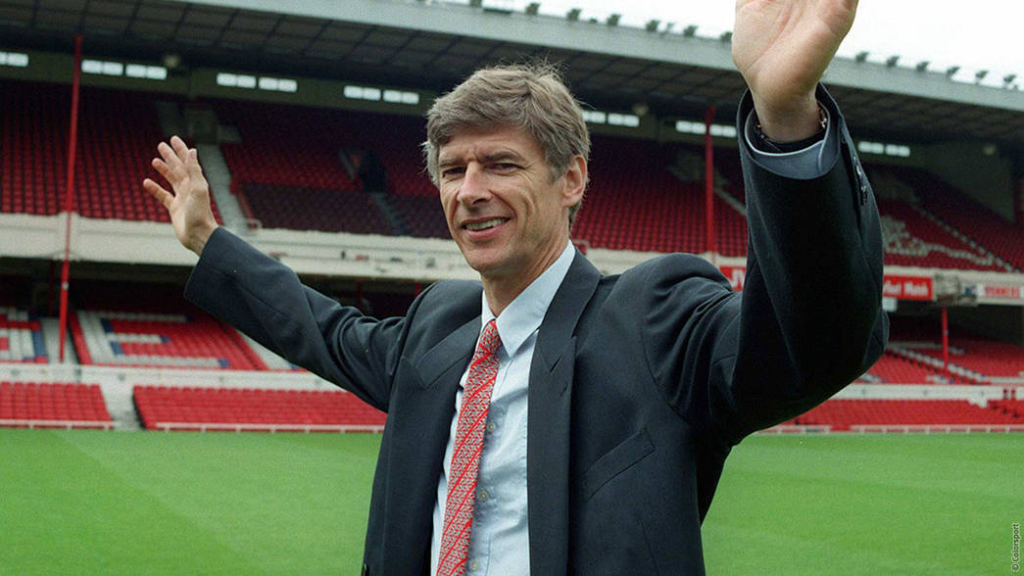
Despite the track record of past non-British Premier League managers, Arsenal owner Peter Hill-Wood remained hopeful about Wenger, saying that he wanted the club’s new manager to take them into the twentieth century. He added that in his opinion that England was a jaded and backward sports country. The British teams’ results in Europe were patchy at best, including his club. He concluded by saying that team owners keep telling themselves that they have the greatest league in Europe, but this is not the case. We need to catch up with the Continentals, and we believe Arsène can assist us.
Arsène Wenger 1996–2018 – Accolades
Wenger is recognized for emphasizing the significance of food and nutrition in football, as well as the idea that the game should be enjoyable on the field. Arsenal won the double in 1997–98 thanks to the acquisitions of Patrick Vieira, Emmanuel Petit, Marc Overmars, and Nicolas Anelka, as well as the club’s numerous veteran players.
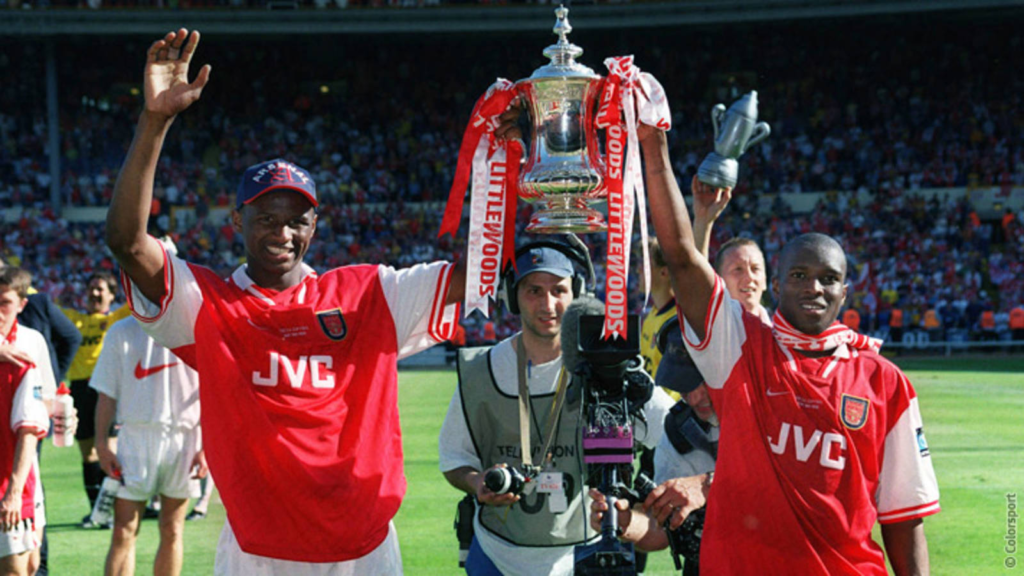
Wenger guided Arsenal to another double in 2001–02, scoring in every Premier League game and winning the remaining 13 games to win the championship. A year later, Wenger became the first manager to retain the FA Cup since Keith Burkinshaw 21 years before; Arsenal defeated Southampton 1–0 in the final.
Wenger won his third league championship in 2003–04 when he led his side to an undefeated league season, which had only been done once previously in English football, by Preston North End in 1888–89. In 2005, the club won another FA Cup, this time via the penalties route against Manchester United.
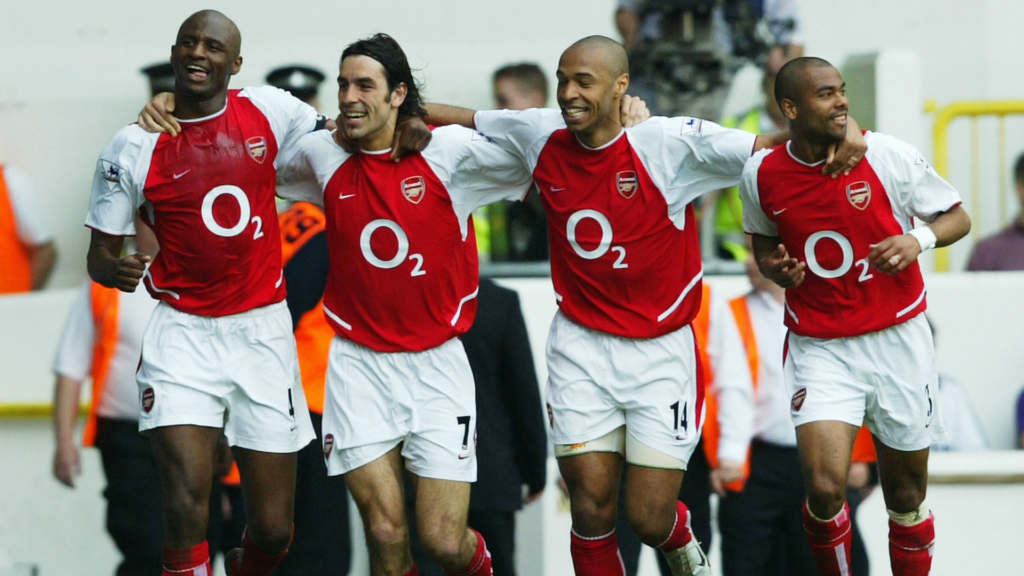
Wenger led Arsenal to their first UEFA Champions League final in 2006 and supervised the club’s move to the Emirates Stadium the same year. In October 2009, Wenger overtook George Allison as Arsenal’s longest-serving manager, stating that the club’s decision to hire him in 1996 was not as insane as some supporters had intimated, but a courageous and bold forward-thinking decision by the Board.
Wenger celebrated his 1,000th game in command of Arsenal in 2013–14, becoming the fourth manager in English football to accomplish this tremendous feat, but unfortunately, his side lost the match 6–0 to Chelsea.
In the twilight of his managerial career for Arsenal Football Club, Wenger led his team to two more FA Cup successes, making Wenger the competition’s most successful manager, with seven titles. Wenger signed an extension after the season, but he left a year before his contract expired owing to a string of poor performances by his team on the field of play.
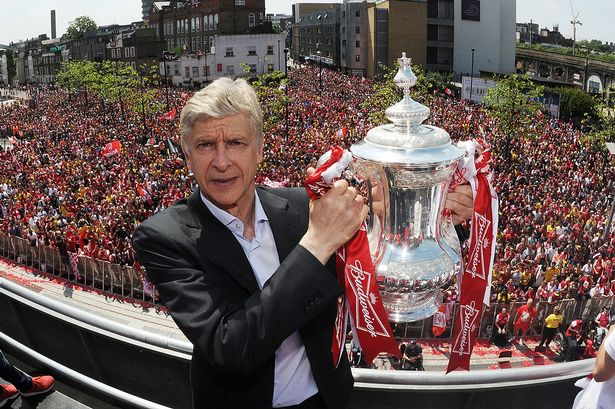
Arsène Wenger’s appointment as the manager of the Arsenal Football Club was the starting point of a two-decade period that propelled Arsenal from a mid-table team to becoming one of the most successful clubs not only in England but Europe as well. The Board took a chance appointing a virtually unknown Frenchman to the helm, but with hindsight, the appointment was a courageous and ultimately massively successful one for the Club.
